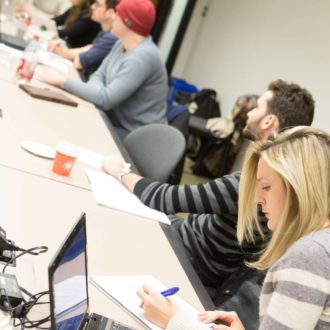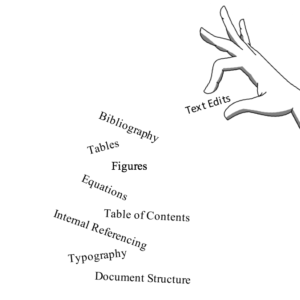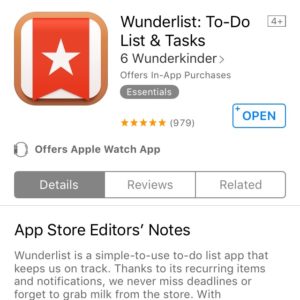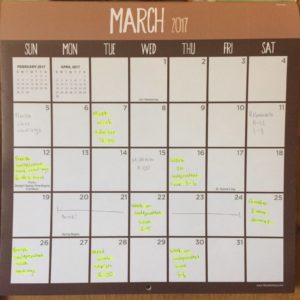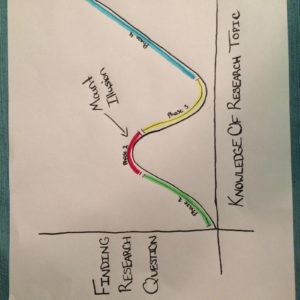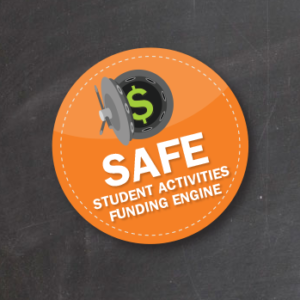
If you are an upperclassman, at this point in the semester, you’ve probably met with your adviser, decided on your research topic, and come up with a game plan for beginning your independent work. That said, you may still need to figure out one final detail: getting research funding. Not only does the Student Activities Funding Engine (SAFE) now have several applications open for Winter and Intersession research, but applications for spring funding will also be opening relatively soon. Even if you aren’t in the midst of writing a thesis, SAFE also lists opportunities for students who need funding for internships, summer study abroad programs, and independent projects. If this is your first time applying for funding and you’re worried about writing a convincing proposal, you’re not the only one. That’s why PCUR attended the Writing Program’s “Crafting Your Research Proposal” workshop to bring back some pointers. If you weren’t able to make it, here are the fundamental guiding questions to help make your research statement as clear and effective as possible: Continue reading Need Funding? Tips for Writing a Convincing Proposal




